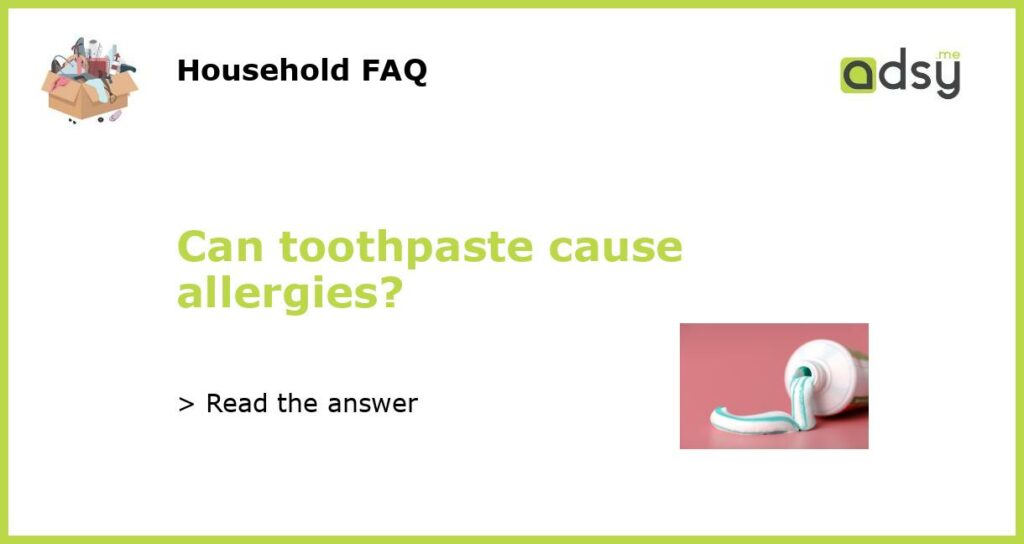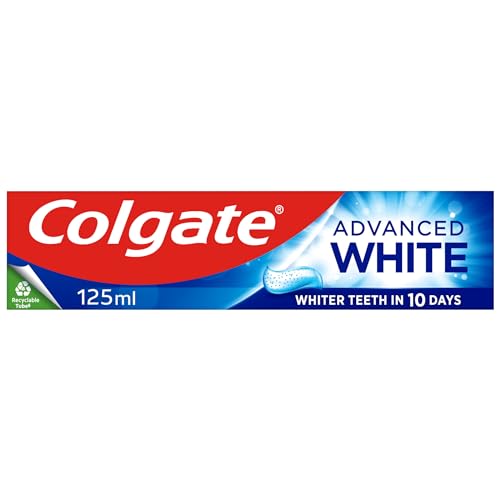Can toothpaste cause allergies?
Many people use toothpaste on a daily basis without giving it a second thought. However, for some individuals, toothpaste can actually cause unwanted allergic reactions. These reactions can range from mild irritation to more severe symptoms. In this article, we will explore the potential allergens in toothpaste and discuss what you should do if you suspect that your toothpaste is causing an allergic reaction.
The most common allergens in toothpaste
There are several ingredients that can cause allergic reactions in toothpaste. One of the most common allergens is sodium lauryl sulfate (SLS), which is a foaming agent that is found in many oral care products. SLS can cause skin irritation and can also trigger canker sores in some individuals. Another common allergen is menthol, which is used to provide a refreshing sensation in toothpaste. Some people may experience itching or a burning sensation due to an allergic reaction to menthol. Other potential allergens in toothpaste include flavorings, preservatives, and artificial dyes.
Symptoms of toothpaste allergies
The symptoms of a toothpaste allergy can vary from person to person. Some individuals may experience skin irritation or rashes around the mouth or on the lips. Others may experience itching or swelling in and around the mouth. It is also possible to develop canker sores or experience a burning sensation when using toothpaste with allergenic ingredients. In more severe cases, a person may develop hives or experience difficulty breathing. If you suspect that you may be allergic to toothpaste, it is important to seek medical advice to properly diagnose and manage the allergy.
What to do if you suspect a toothpaste allergy
If you suspect that your toothpaste is causing an allergic reaction, the first step is to stop using the toothpaste. Switch to a toothpaste that is free from the suspected allergens and monitor your symptoms. It may also be helpful to keep a diary of your symptoms and note any patterns or triggers. If your symptoms improve after switching to a different toothpaste, it is likely that you were allergic to one or more ingredients in your previous toothpaste. If your symptoms persist or worsen, it is important to consult with a healthcare professional for further evaluation and guidance.
Preventing toothpaste allergies
While it is not always possible to prevent toothpaste allergies, there are steps that you can take to minimize your risk. The first step is to carefully read the ingredient list on toothpaste labels. Avoid toothpaste that contains ingredients that you know you are allergic to. If you are unsure about the potential allergens in a toothpaste, you can contact the manufacturer for more information. Another precaution is to perform a patch test on a small area of skin before using a new toothpaste. This can help identify any potential reactions before applying the toothpaste to your entire mouth.






